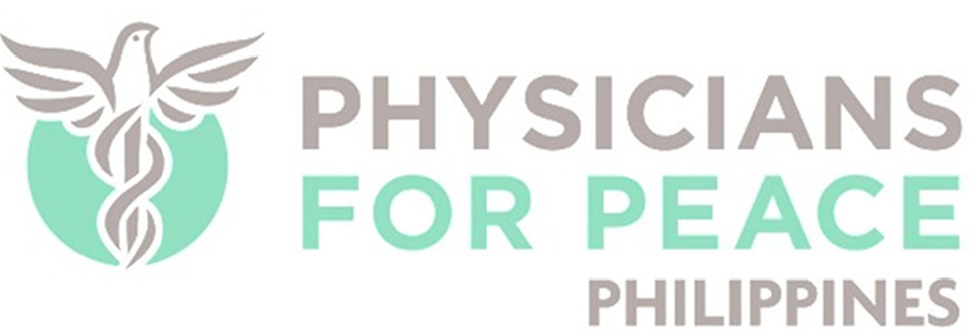
Physicians for Peace (PFP) has been investing in the administrative and programmatic capabilities of its local affiliate, Physicians for Peace-Philippines (PFP-PHI) over the past 15 years. As a result, PFP-PHI has continually improved the reach and quality of its medical education initiatives to deliver quality healthcare services and build in-country capacity to serve the large percentage of Filipinos who, due to poverty or geography, lack access to local, quality medical services. PFP and PFP-PHI have been providing vision care services to children in elementary schools in underserved communities and to children and vulnerable populations through outreach activities and the operation of basic vision care clinics in impoverished areas throughout the country.
PFP-PHI has built a strong reputation for its collaborative work among local government units, clinical and medical education providers and non-governmental organizations (NGOs). As such, PFP-PHI continues to receive increasing requests for its services throughout the Philippines. In 2013, receipt of a subaward through the USAID Child Blindness Program enabled programmatic expansion and strengthened the monitoring and evaluation (M&E) capability which have been highlighted opportunities to deepen impact and improve programming. Despite a passionate and committed staff and cadre of volunteers, the current vision program’s development is resource constrained. This capacity building project will leverage PFP’s ongoing financial, technical and governance support to meet the following project objectives:
- Develop and implement a capacity building plan after through assessment of the organization’s capabilities and deficits;
- Improve service delivery and expand scope of services through technical training to PFP- PHI’s volunteer medical professionals;
- Adapt programming design and implementation from lessons learned and best practices in vision care interventions through professional development;
- Strengthen financial management systems to improve financial reporting, optimizing its effectiveness to better inform program planning;
- Ensure long term viability and sustainability of the vision care program through stronger community support; and
- Increase the organization’s impact on the sustained provision of comprehensive vision care through further participation in Philippine government vision care initiatives.
PFP-PHI has demonstrated its ability to be a forward-thinking leader in vision care. PFP is committed to continuing to provide resource support and mentorship under the same model that has resulted in the successful implementation of joint projects for the past 15 years. An investment by USAID will significantly improve access to quality services across the continuum of care while moving the organization closer to self-reliance.
